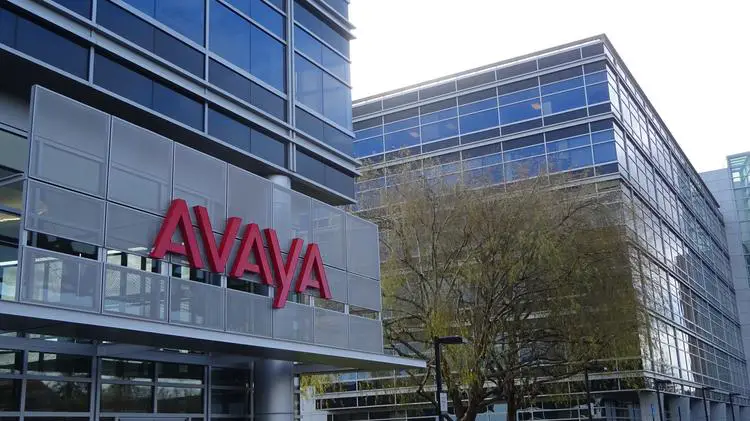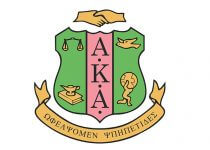Deloitte Mission and Vision Statement Analysis

Deloitte’s mission statement is “to help our clients and our people excel. We are one of the world’s leading business advisory organizations.” Within this statement, Deloitte shows that its clients are the priority, and transforming their business together with redirecting them towards a growth path is its primary goal. The mission statement has the following components:
- Improving quality
- Transforming organizations
- Global reach
In the first component, Deloitte demonstrates the primary focus of its professional services to businesses. The company makes its presence felt by identifying the gaps in business through strategic advice and streamlining audits to help a business improve the quality of the services it offer to clients. The second component and the first are closely interlinked in that when Deloitte helps businesses realize the appropriate ways to execute their operations, they become better. Their growth potential also skyrockets demonstrating the impact of Deloitte. For years, this company has been doing so in the UK, U.S., Canada, India and many other parts of the world. In fact, Deloitte has expanded so rapidly that its impacts are felt in all parts of the world today.
Introduction
Deloitte’s mission and vision statements are a reflection of a company whose obsession is quality and excellence in everything it does. As a professional services corporation, Deloitte has learned and mastered the art of running its business in such a way that no other multinational network can challenge.
Although the company has honed its business approaches over the years since 1845, its mission and vision statements have been very instrumental. A corporate vision statement is a reflection of a future position of a company, while a corporate mission statement highlights the strategies of choice that would propel a business towards its developmental path.
In this case analysis of Deloitte, the vision of the corporation is to influence businesses through its leadership, while its mission statement is about the difference the company makes in the lives of its client. Deloitte has sustained progressive growth for over a decade because of its core values. They have created a winning culture, and with its mission and vision statement, position Deloitte as a major global corporation.
Vision Statement
Deloitte’s vision statement is “to be the Standard of Excellence, the first choice of the most sought-after clients and talent.” The statement shows that the company desires to set a bar that makes it a role model or an enterprise that other global corporations emulate. Its vision statement can be broken down into:
- Standard of excellence
- Most sought after corporation
Ever since its foundation, Deloitte continues to demonstrate how passionate it is in what it does – from audit to professional services for businesses. It executes its operations with so much precision and quality that it has become the mark of excellence across the globe. In this way, it also satisfies its second element because every customer wants to be associated with such excellence.
Core Values
Deloitte’s core values comprise “commitment to each other, integrity, outstanding value to clients and strength from cultural diversity.” These have been the pillars supporting Deloitte for decades. With these values, the company has been able to maintain a surprisingly high level of consistency because of the strength they gift the company. The core values do this by creating a committed and corporative internal culture that drives every employee.
References
Aithal, P. S. (2015). How an effective leadership and governance support to achieve institutional vision, mission, and objectives. International Journal of Multidisciplinary Research and Development, 2(5), 154-161.
Darbi, W. P. K. (2012). Of mission and vision statements and their potential impact on employee behavior and attitudes: The case of a public but profit-oriented tertiary institution. International Journal of Business and Social Science, 3(14).
Gross, A. C., & Poor, J. (2008). The global management consulting sector. Business economics, 43(4), 59-68.
Ingenhoff, D., & Fuhrer, T. (2010). Positioning and differentiation by using brand personality attributes: Do mission and vision statements contribute to building a unique corporate identity?. Corporate Communications: An International Journal, 15(1), 83-101.
Morphew, C. C., & Hartley, M. (2006). Mission statements: A thematic analysis of rhetoric across institutional type. The Journal of Higher Education, 77(3), 456-471.
Morrell, K., & Simonetto, M. (1999). Managing retention at Deloitte consulting. Consulting to Management, 10(3), 55.
Ozley, L. M., & Armenakis, A. A. (2000). “Ethical consulting” does not have to be an oxymoron. Organizational Dynamics, 28(4), 38-51.
Scott, C., Jaffe, D., & Tobe, G. (1993). Organizational vision, values, and mission. Crisp Learning.
Yilmaz, S. E., & Cetinel, E. (2016). Ethics Projections in Vision and Mission: Fortune 500 the Case of Turkey. International Business Research, 9(5), 25-35.











